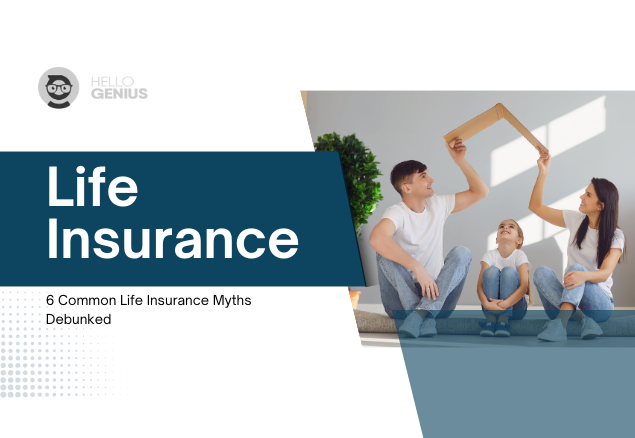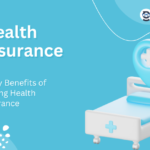Life insurance is often misunderstood, leading to various myths that can prevent individuals from securing their financial future. Here, we debunk six common life insurance myths to help you make informed decisions.
1. Myth: Life Insurance Is Too Expensive
Debunked: Many people believe that life insurance is prohibitively expensive, but this is often not the case. The cost of life insurance can vary based on factors such as age, health, and coverage amount. Term life insurance, in particular, is quite affordable for most people. Additionally, comparing quotes from different insurers can help you find a policy that fits your budget.
2. Myth: Only Breadwinners Need Life Insurance
Debunked: While it’s crucial for primary earners to have life insurance, stay-at-home parents and others who contribute to the household should also consider coverage. The value of their contributions, such as childcare and household management, can be significant. Life insurance can help cover these expenses if they are no longer able to fulfill these roles.
3. Myth: Employer-Provided Life Insurance Is Sufficient
Debunked: Many employers offer life insurance as part of their benefits package, but this coverage is often limited. It might not provide enough protection to cover all your financial obligations, such as a mortgage, children’s education, or long-term financial support for dependents. Supplementing employer-provided insurance with an individual policy can ensure comprehensive coverage.
4. Myth: Life Insurance Payouts Are Taxable
Debunked: In most cases, life insurance death benefits are not subject to federal income tax. Beneficiaries typically receive the payout tax-free, which can provide significant financial relief during a difficult time. However, there may be estate tax implications if the policyholder’s estate exceeds certain thresholds, so it’s advisable to consult with a tax professional for specific situations.
5. Myth: Only Healthy People Can Get Life Insurance
Debunked: While it’s true that health can affect life insurance premiums, it doesn’t mean that those with health issues cannot obtain coverage. Many insurers offer policies tailored to individuals with various health conditions. Some policies, like guaranteed issue life insurance, don’t require a medical exam, making it accessible to people with pre-existing conditions, though the premiums may be higher.
6. Myth: Single People Don’t Need Life Insurance
Debunked: Even if you’re single and without dependents, life insurance can still be beneficial. It can cover funeral expenses, pay off debts, or provide financial support to aging parents or other loved ones. Additionally, purchasing life insurance when you are young and healthy can lock in lower premiums, making it a cost-effective decision for the future.
Conclusion
Understanding the realities of life insurance can help you make informed decisions and secure your financial future. By debunking these common myths, you can better appreciate the importance and accessibility of life insurance, ensuring that you and your loved ones are adequately protected.










